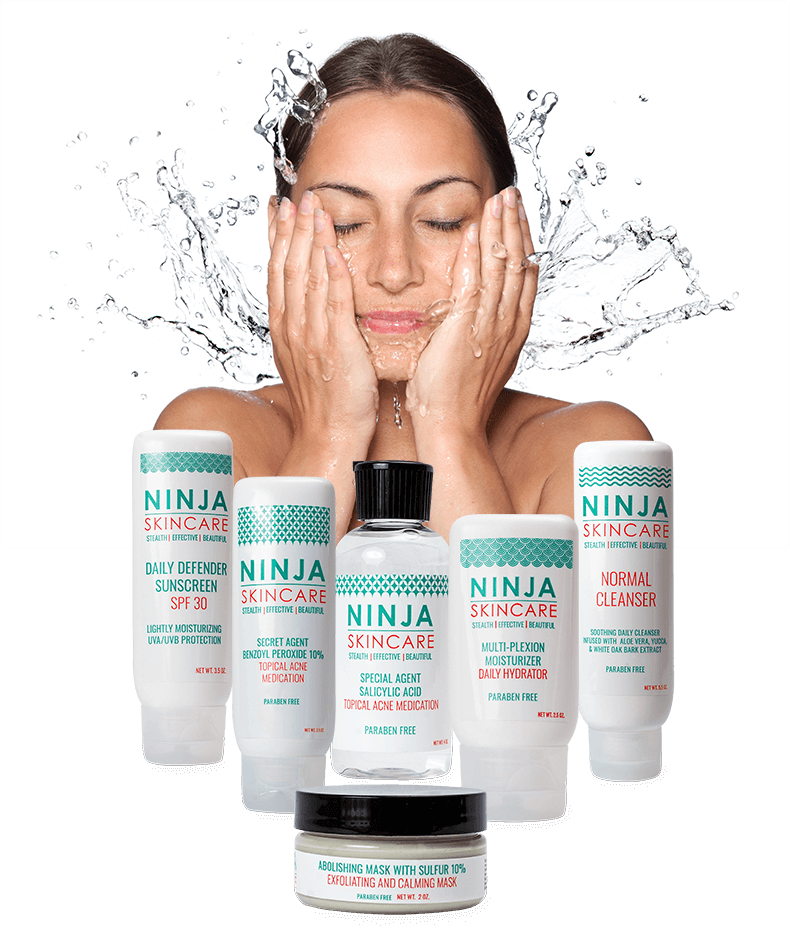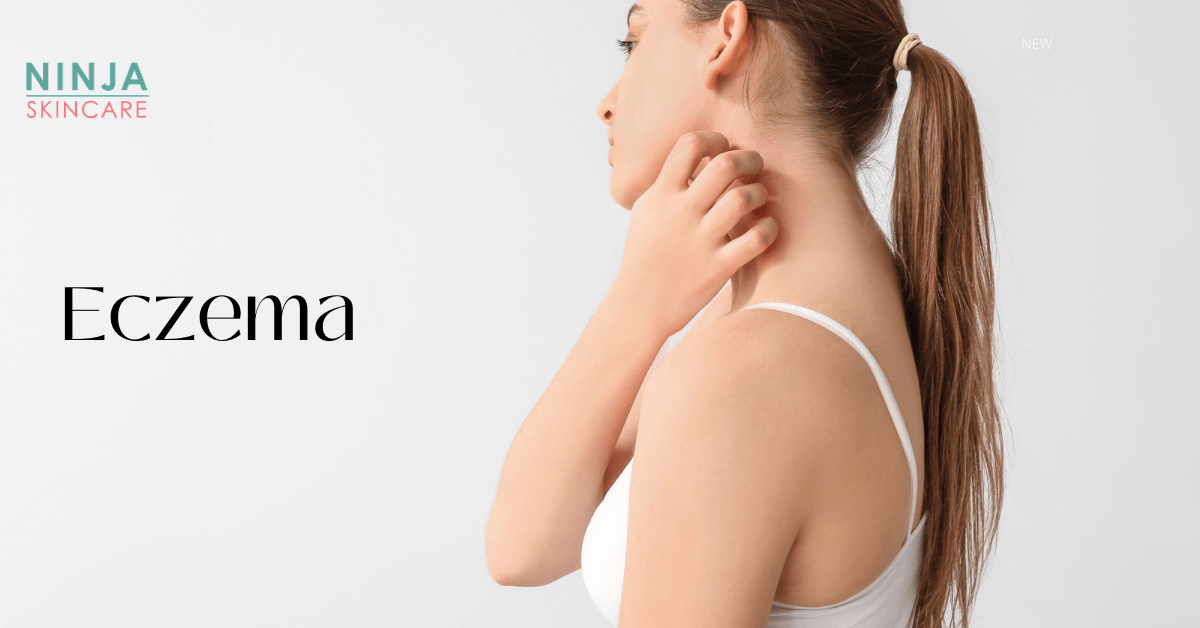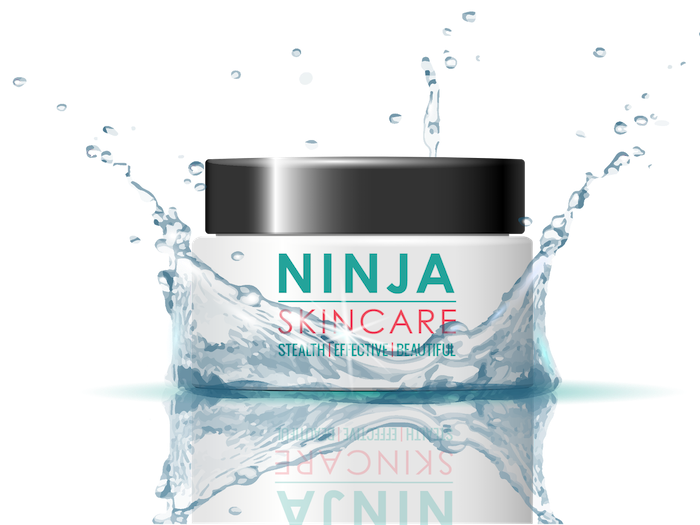The Most Common Skin Conditions: Eczema
April 28, 2023
What you need to know about Eczema
For the next couple of blog posts, we’re delving into common skin conditions.
Not surprisingly, Acne is the #1 most common skin condition in the world. Because the majority of our posts are about acne, today we’re exploring the second most common skin condition affecting people.
#2 is…. Eczema.
Eczema is a ‘catch all’ phrase that encompasses skin swelling, irritation, itching and redness. Sometimes it is referred to as dermatitis or atopic dermatitis. For most people who suffer from eczema breakouts, the typical symptoms include itchy, dry skin and swelling of the skin in patches on the face, behind the knees and on the hands and feet. As is the case with most rashes, consistent scratching aggravates the condition, making the skin swell more, itch more, crack, and become more dry. If dry/cracked skin persists, some individuals develop permanent discoloration and thickening of the skin.
An estimated 30% of people suffer from eczema. It is a condition that flares up at certain times throughout the year and in one’s lifetime. Every person is different but there are some common triggers, including:
- Irritants: soaps, lotions, detergents
- Environmental factors: dampness, dry climates, dust, mites, mold, pet dander/hair
- Food allergies: milk, soya, eggs, peanuts, wheat
- Clothing: Certain people may be affected by fabric-to-skin contact, especially with wool and synthetic fibers
- Hormonal changes
- Skin infections
Who is affected by Eczema?
Most people who suffer from eczema were lucky enough to inherit it from their parents. Eczema is particularly prevalent in families with a history of allergies such as hay fever and asthma. Eczema in infants is especially common, with anywhere from 10-20% of infants having minor flare ups before the age of 5.
Thankfully, most children will outgrow eczema by the age of 5.
But children are not the only people who may develop this annoying skin condition. Adolescents and even adults can develop it, although the likelihood of people over 60 getting it for the first time is low. For adults who continue to suffer from eczema, the condition can go beyond being annoying to being painful and unbearable, with rashes spreading all over the entire body. Intense itching and discomfort disrupts sleep and limits exercise and sweating, swimming and outdoor activity.
How do you manage your symptoms?
If you think you or your child might have eczema, your first stop should be an allergist for diagnosis. Most of the time, eczema can be treated and managed effectively, especially once the triggers are identified. Did you know u nationaleczema.org) of children who suffer from eczema also suffer from food allergies? The correlation is significant and needs to be explored. If allergens are identified then simply staying away from those food items will result in a huge amount of relief. Adults also suffer from food allergies and those may also inflame eczema.
Additionally, if your triggers include irritants, use fragrance-free, sulfate-free cleansers and detergents. Luckily there are tons out there! (For your face, consider using our Revolutionary Cleanser – Balancing, it’s ideal for skin with eczema!) After bathing, GENEROUSLY apply a daily moisturizer that is also fragrance free with few ingredients. Plain old Vaseline Petroleum Jelly (the gooey stuff!) mixed with water and applied to damp skin will hydrate dry, cracked eczema outbreaks and will not inflame or irritate the skin. Also, Vaseline does not aggravate acne – so it’s a safe product to use if you are acne prone as well.
Drink lots of water, apply lotion and wear gloves in cold weather to keep skin moist to prevent cracking and try to avoid as many of the environmental irritants as possible. Installing a HEPA filter in your heating and air conditioning unit (either whole-house or individual units) will remove small particles in your air to give your body much needed (and thankful) relief from daily environmental allergens. Use the air conditioning setting in your car and put it on recycled air which will clean the air more thoroughly. Make sure you replace your cabin filter frequently and choose the one that filters the smallest particles.
For really bad flare ups, topical treatments and oral medications are available. Your doctor will consult with you on your options.
As always, we are here for you to answer any questions you might have regarding this or any other skin-related topics. Call/text/email today!
Next up: HIVES



 Get a ZERO obligation consultation with an acne-fighting Ninja!
Get a ZERO obligation consultation with an acne-fighting Ninja!
